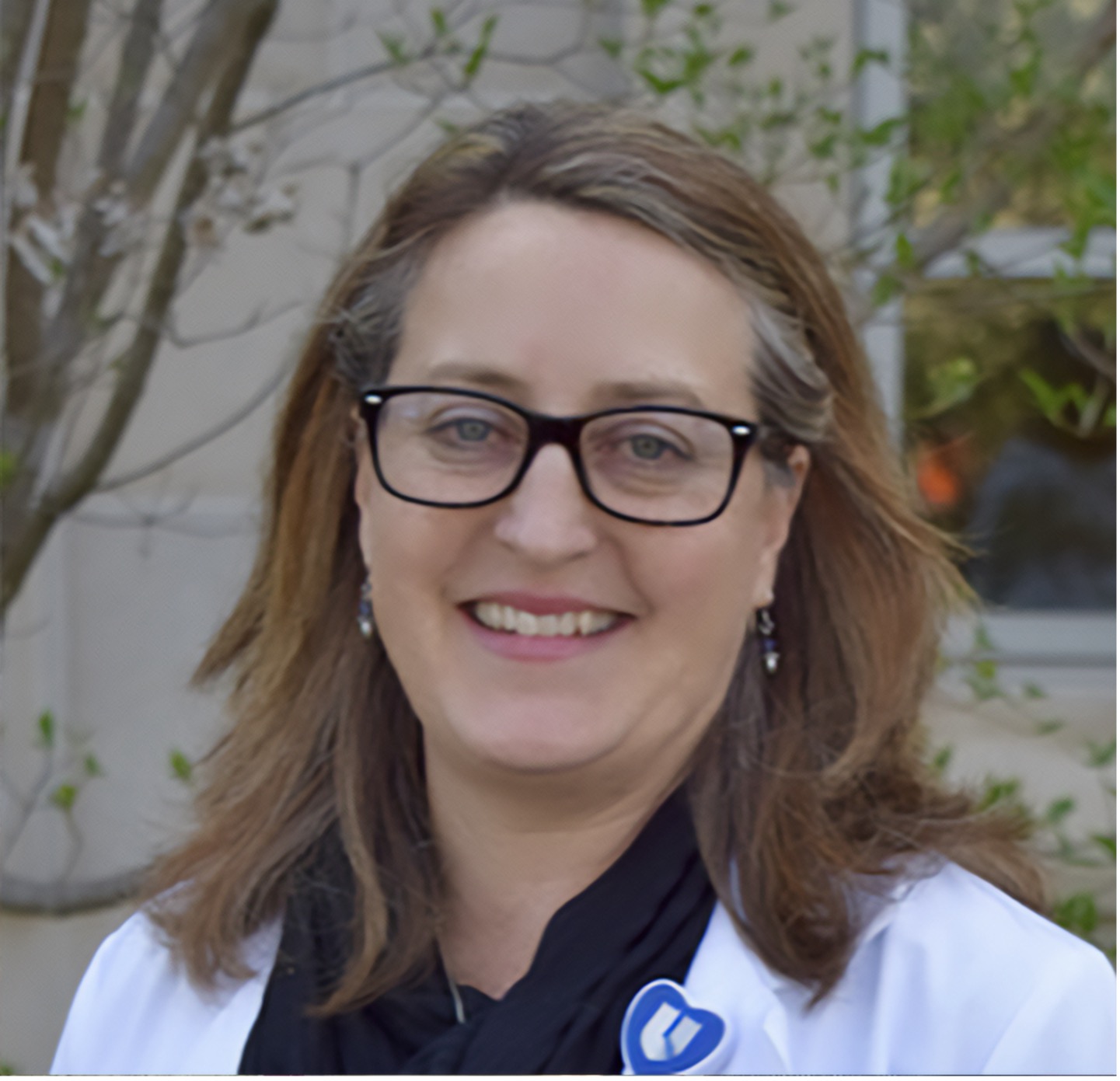When scheduling appointments for patients newly diagnosed with cancer, patient coordinators may have questions for the patient’s care team. Rather than interrupting direct care providers during their clinical duties, an oncology service access nurse (SAN) can step in for support, bringing value to both patients and providers.

ONS member Mary Ann Plambeck, MSN, RN, OCN®, NEA-BC, serves as the SAN for the Duke Breast Oncology Program at the Duke University Health System in Durham, NC. She presented an e-poster about the program at the 49th annual ONS Congress® on April 26, 2024, in Washington, DC.
SANs are clinically trained, experienced nurses who serve as liaisons to the interprofessional care team. They coordinate care and appointments among medical, surgical, and radiation oncology to ensure that patients’ first visits are beneficial for all parties involved. SANs also can identify patients who might be eligible for onco-fertility preservation, genetic testing, and clinical trials, and they can answer questions and encourage participation in programs as appropriate.
Implementation of the SAN role has resulted in “substantial improvements in patient scheduling, appointment turnaround time, and medical record availability,” Plambeck said.
Since implementing the new role:
- Referral lead time (the time between referral and scheduled appointment) has decreased by 45%.
- Canceled appointments have decreased by 52%.
- Genetic point-of-care testing (POCT) increased 60%, from 45 to 113.
- In a nine-month period, 37 patients were identified as eligible for potential participation in clinical trials.
Plambeck said that in 2023 she started notifying the care team and prior authorization team when a patient was eligible for genetic POCT, which resulted in the impressive increase. Additionally, she started sending a list of upcoming new patients to the research team on a weekly basis. This allowed the team to identify eligible patients for clinical trials, with eight ultimately being enrolled over a nine-month period.
Duke University Health System developed the SAN role about 10 years ago and used it sporadically across teams. Plambeck was the first SAN hired in the new, reevaluated position in 2022. She said that they currently have seven SANs supporting the main Duke Cancer Center. The SANs support programs, not individual providers. Since 2022, SANs were hired to support urology oncology, the blood cancer center, and the cancer diagnostic clinic. The plan is to hire more SANs for other locations within the health system, she said.
“The SAN role has been a highly successful and can be easily implemented in other settings and populations,” Plambeck said. “The greatest benefit has been the development of trusted connections between patients and SANs that occur prior to their first clinic encounter. The SAN answers general questions about their new diagnosis, introduces the care team, and eases patient-family anxiety.”
Plambeck said that before serving in a SAN role, Duke requires oncology nurses to have at least three years of experience. She served as the clinical operations director at Duke Cancer Center for 12 years before moving to her SAN position. Those looking for autonomy in their job as well as the desire to really “make a difference to patients” will find the role appealing, Plambeck said.






